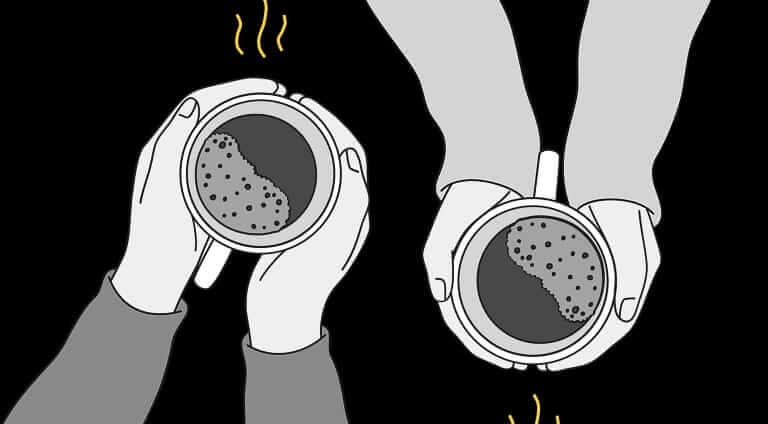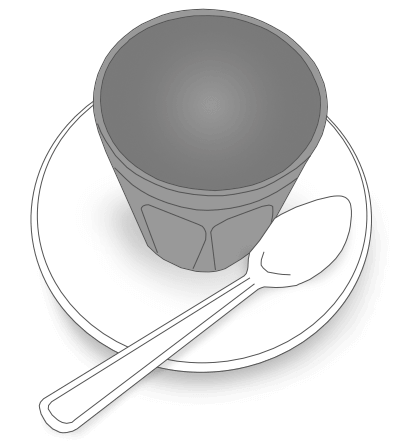Essential Coffee Terms, Lingo and Experts

Mastering Grind Size & Consistency
The grind size of your coffee beans significantly impacts the extraction process and is directly related to the type of equipment used in brewing your coffee. For instance, French Press and Pour Over requires a coarse, chunkier grind. Your drip coffee brewers need a medium grind (the size of kosher salt), but an espresso machine requires a fine grind (closer to table salt, almost a powder) to properly extract flavor and aroma from the coffee.
Â
Medium
Like Kosher salt
Develop Your Palate
Like wine, coffee has a diverse array of tasting notes and flavor profiles. Hone your palate by paying attention to the subtle nuances in every type of coffee you try. Bring the cup up to your lips and inhale the aroma, close your eyes and take a sip. What do you taste? Coffee, sure, but what’s making up that taste. What’s lingering in the background? Like wine, there’s no wrong answers here. Train yourself to detect hints of fruit, spices, florals and chocolate in different brews. Try describing it to yourself. Tasting coffee becomes an art form when you can articulate the intricate flavors you detect.

Nail the Lingo
You likely understand “single-origin†and “fair tradeâ€, but do you know your Cortados from your Flat Whites? Or what makes a “dry cappuccino†dry? To truly immerse yourself in the coffee landscape (and to ensure you have confidence when speaking to others) familiarize yourself with the terminology. Coffee Made Better created a pretty handy cheat sheet for anyone who’s “been thoroughly confused by a shop menu or coffee bag†or “ostracized by a coffee snob.†It will not only help you navigate coffee shop menus, but also engage in meaningful coffee conversations with others.
Read the original article here






